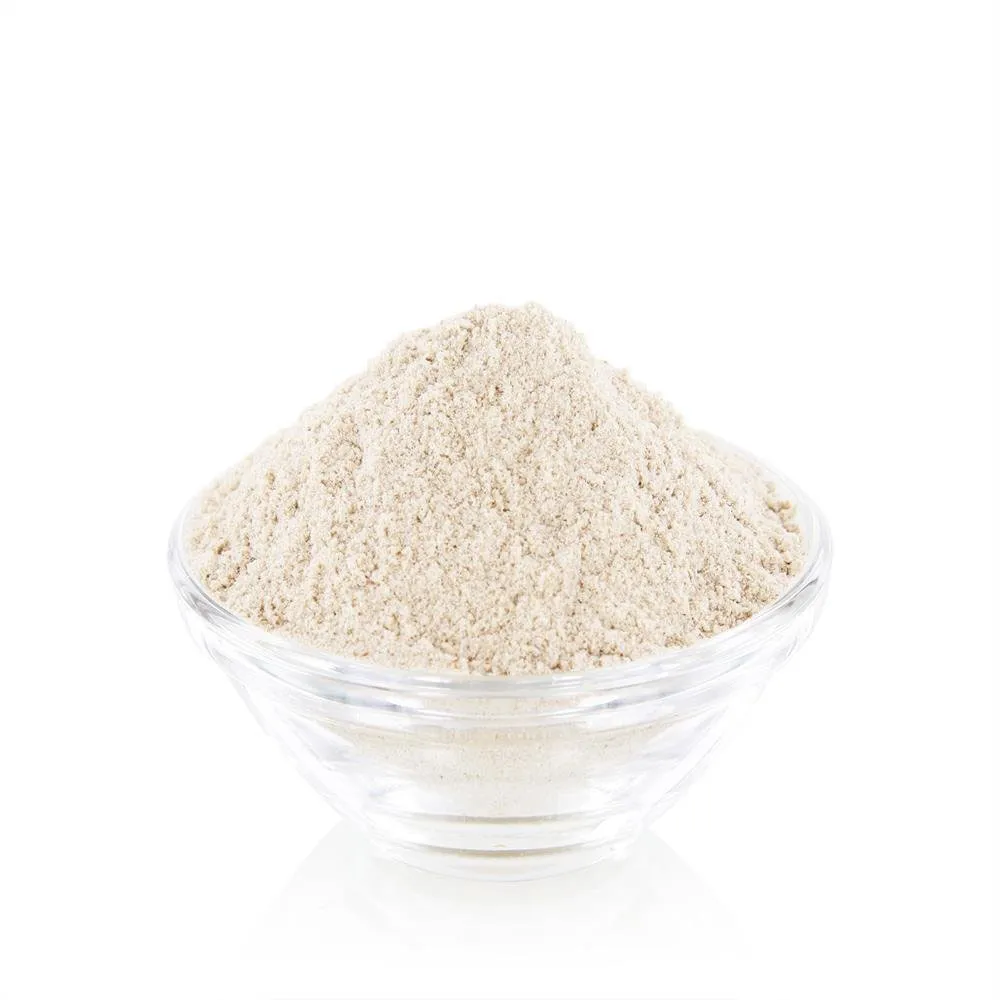
| Glycemic Index | Glycemic Load |
85.0
|
62.6
|
The glycemic index (GI) of wheat flour, white (unenriched) equals to 85.0, which classifies it as a high GI food. The glycemic load (GL) of wheat flour, white (unenriched) is equal to 62.6, which classifies it as a high GL food.
| Nutrition Facts | |
| Calories (kcal) | 364.0 |
| Carbohydrates (g) | 73.6 |
| Proteins (g) | 10.3 |
| Fats (g) | 1.0 |
100 grams of wheat flour, white (unenriched) contain 364.0 kcal (1523 kJ), 10.3 grams of proteins, 73.6 grams of carbohydrates, and 1.0 grams of fats.
Wheat flour, white (unenriched) is a type of wheat flour that has been refined and milled to remove the bran and germ layers. It has a fine texture and mild flavor, making it suitable for baking cakes, cookies, pastries etc. Nutritionally speaking, this type of wheat flour contains mainly carbohydrates without significant amounts of vitamins or minerals. It does provide some dietary fiber but not as much as whole grain flours do. The main pros associated with unenriched white wheat flour are its affordable price point compared to other types of flours on the market; plus its light color makes baked goods look more attractive than those made with darker colored flours like spelt or rye. The cons include the fact that it provides very little nutritional value due to being stripped from most nutrients during refinement process; in addition regular consumption may lead to deficiencies if there’s no supplementation involved in diet plan since many vitamins & minerals can be found only in true whole grains products such as brown rice or oats.


